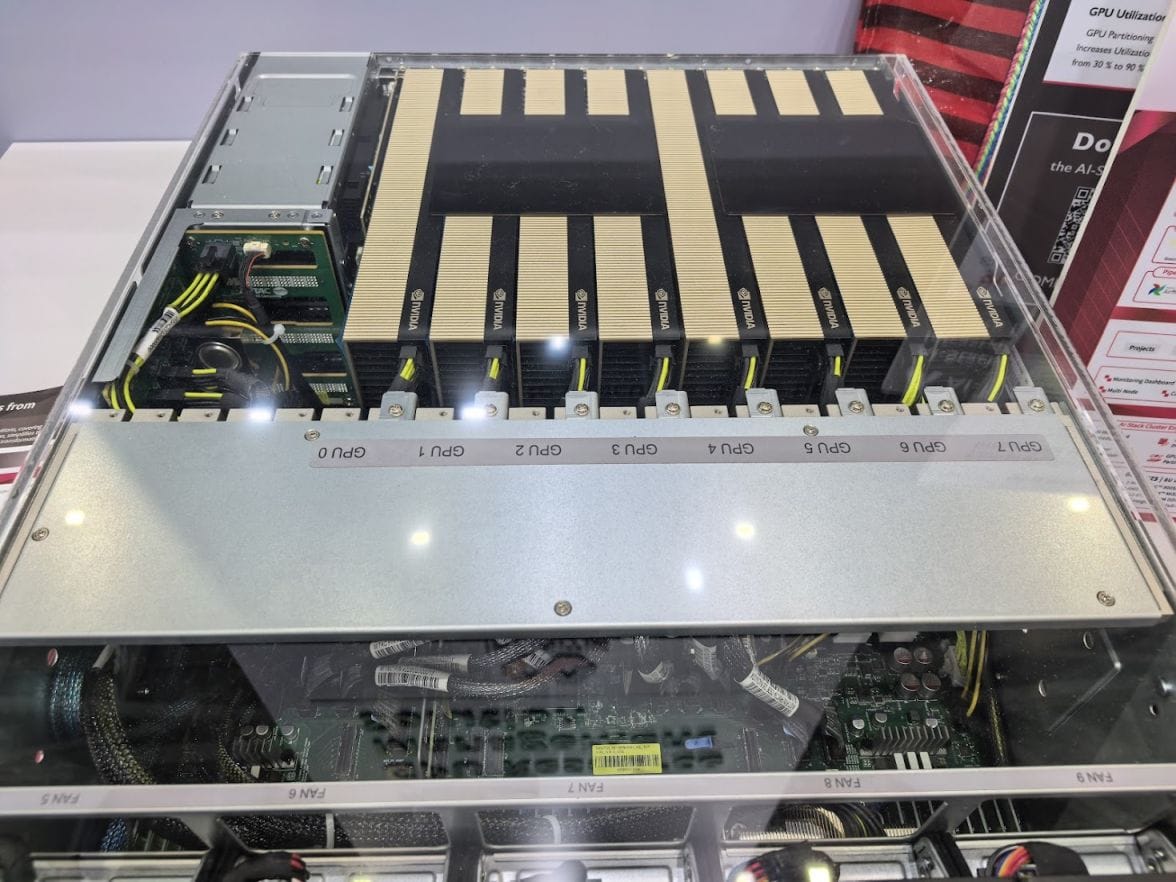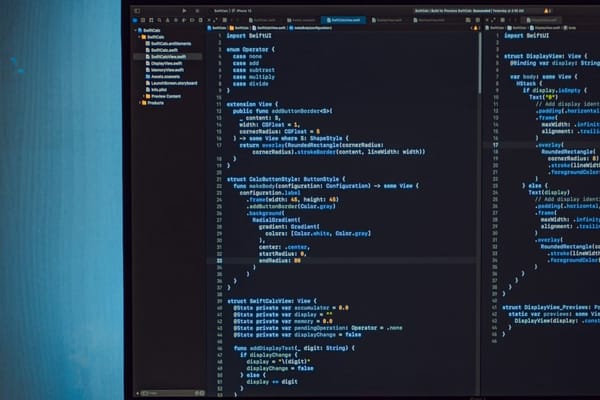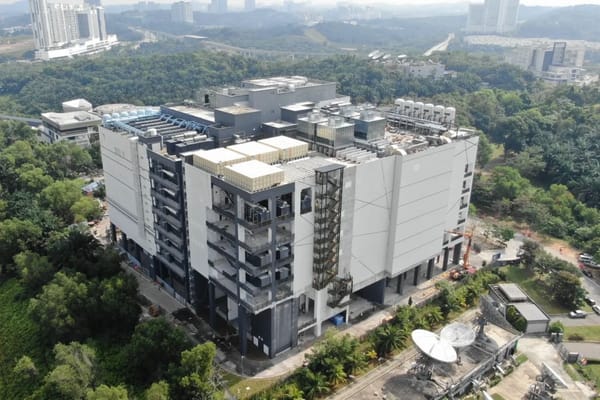Malaysia, Thailand could face GPU export controls
The U.S. said to be drafting new restrictions targeting both countries.

The U.S. is drafting new rules for new, targeted restrictions on GPU chips. And Malaysia and Thailand are right in the crosshairs.
According to a report last night, the U.S. Commerce Department is putting together new GPU controls after saying it will ditch the ill-fated AI diffusion framework.
GPU restrictions
This report came from Bloomberg, which has proved accurate on developments relating to GPU restrictions in the past.
The new controls will see:
- Previous AI diffusion framework officially nixed.
- Will maintain semiconductor restrictions on China.
- Specify new GPU restrictions on Malaysia and Thailand.
Why these two countries?
Hub for AI data centres
In a nutshell, Malaysia is a hub for AI data centres, while Thailand looks set to be an upcoming one.
I've written previously about how Malaysia is now a top hub for AI data centres. Specifically, I've heard first-hand accounts of deployments of tens of thousands of H200 GPUs - I'm sure there are others.
I've also written about signs of hyperscalers moving to Thailand for their next deployments. One reason could be factors such as rising electricity prices in Malaysia and to alleviate concentration risk there.
It would appear that the new U.S. GPU restriction is seeking to tackle this early with the inclusion of Thailand.
What the report says
The Bloomberg report has no details of the GPU curbs, though the rules will apparently include provisions for some businesses:
- Firms headquartered in the US and friendly nations can continue shipping AI chips to both countries without seeking a license for a few more months after the rule is published.
- There will be exemptions to prevent supply chain disruptions. This is notable as Malaysia is a significant player in the global semiconductor ecosystem, with 13% of global semiconductor testing and packaging.
The provisions increase the credibility of the report. After all, U.S. companies like Oracle is building AI data centres in Malaysia, including its own cloud region with GPUs.
What now?
A lot of what could happen next would depend on the shape of the regulation, and how strict the restrictions are. It might or might not be imposed, after all.
In the meantime, I would expect ongoing AI data centre construction to be sped up and rushed to completion ahead of a potential ban.




